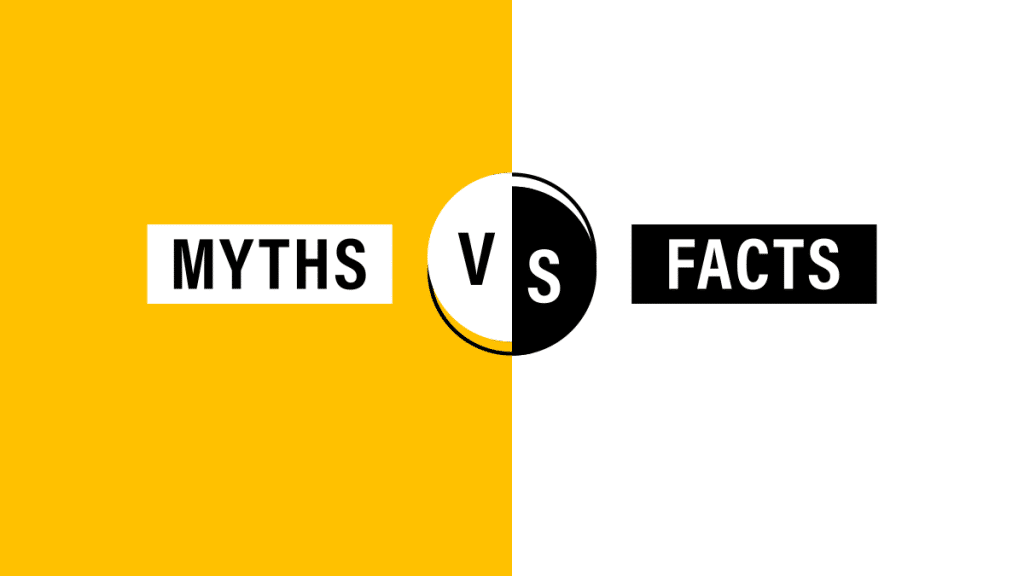Holistic medicine has surged in popularity over the past few decades as more people seek alternatives or complements to conventional healthcare. From acupuncture and herbal remedies to meditation and massage therapy, holistic approaches often emphasize treating the whole person: body, mind, and spirit. But with popularity comes misinformation. Holistic medicine is frequently misunderstood, misrepresented, or dismissed entirely. This article separates myth from fact to offer a clearer picture of what holistic medicine really is and isn’t.
What Is Holistic Medicine?
Before diving into the myths, it’s important to define holistic medicine. Holistic medicine is an approach to healing that considers the entire person in the quest for optimal health and wellness. This includes physical health, emotional well-being, mental clarity, social connections from things like IPL bettings, and even spiritual balance.
Practitioners of holistic medicine may use a combination of conventional Western medicine and alternative therapies. These can include nutrition counseling, chiropractic care, acupuncture, yoga, naturopathy, energy healing, and more.
Myth #1: Holistic Medicine Is Not Scientific
One of the most persistent myths about holistic medicine is that it’s entirely unscientific or rooted in pseudoscience. While it’s true that not every holistic practice is supported by high-level clinical trials, this doesn’t mean the entire field lacks scientific credibility.
The Fact: Many holistic treatments are evidence-based. Acupuncture, for example, has been shown in multiple studies to relieve chronic pain, migraines, and even the side effects of chemotherapy. Mindfulness meditation and yoga have been scientifically linked to reduced stress, improved cardiovascular health, and better immune function.
Moreover, many holistic practitioners collaborate with medical doctors and use diagnostics, lab work, and patient history in their assessments—just as traditional physicians do. What differs is the breadth of their focus.
Myth #2: Holistic Medicine Means Rejecting Western Medicine
Some critics (and even some supporters) believe that choosing holistic medicine means you have to reject modern medicine completely. This creates a false dichotomy between “natural” and “conventional” approaches.
The Fact: Holistic medicine can and often does work alongside Western medicine. Many people use it as a complementary strategy, not an alternative. This integrative approach can be particularly beneficial in chronic conditions like autoimmune diseases, arthritis, depression, and cancer, where holistic therapies may improve quality of life, reduce stress, or help manage side effects.
The National Institutes of Health (NIH) even supports research into what’s now called Complementary and Integrative Health. More hospitals and clinics are adding wellness programs, nutrition counseling, and mindfulness-based interventions to their standard care protocols.
Myth #3: Holistic Practitioners Aren’t Real Medical Professionals
Another myth that clouds public perception is the idea that holistic practitioners are unqualified or lack proper training because the field includes a variety of disciplines, some regulated and others not, this misconception is partly understandable but largely inaccurate.
The Fact: Many holistic health practitioners are highly trained, certified, and licensed in their fields. Naturopathic doctors (NDs), for example, undergo rigorous education similar to that of medical doctors (MDs), including courses in biology, pathology, pharmacology, and clinical practice.
Acupuncturists and chiropractors must pass national board exams and meet strict licensing requirements in most states and countries. Even wellness coaches or herbalists, though not always licensed in the traditional sense, often hold certifications from reputable institutions and follow ethical codes of conduct. As with any profession, due diligence is essential.
Myth #4: Natural Means Safe
Perhaps one of the most dangerous myths about holistic or natural medicine is that “natural” automatically means “safe.” This assumption can lead people to self-medicate with herbal supplements or essential oils without understanding potential interactions, side effects, or contraindications.
The Fact: Natural products can be powerful and sometimes risky. Many pharmaceutical drugs originate from plants, after all. Just because something is plant-based doesn’t mean it’s harmless. For example, St. John’s Wort, a common herbal remedy for depression, can interfere with antidepressants, birth control pills, and blood thinners.
Holistic medicine encourages individualized care, meaning dosages, combinations, and timing matter. A licensed or experienced practitioner should guide any supplement or herbal regimen to ensure it’s safe, appropriate, and effective for a person’s unique situation.
The Evolving Landscape of Health and Healing
The line between conventional and holistic medicine continues to blur as healthcare systems evolve to embrace a more integrative approach. Today, major institutions like the Cleveland Clinic, Mayo Clinic, and Stanford Health Care offer integrative medicine programs that include acupuncture, lifestyle medicine, and functional nutrition. Patients are demanding more personalized care and are increasingly involved in their own healing journeys.
This cultural shift is pushing medicine toward models that value prevention, emotional well-being, and the patient-practitioner relationship hallmarks of holistic philosophy. At the same time, it’s important to remain critical and discerning. Just as conventional medicine can sometimes over-rely on pharmaceuticals, holistic circles can fall into the trap of magical thinking or unverified claims.
Conclusion: Holistic Medicine Is Not a Fad—It’s a Perspective
Holistic medicine isn’t about choosing plants over pills or yoga over doctors, it’s about viewing health as a dynamic, interconnected system. It acknowledges that emotional stress can lead to physical symptoms, that spiritual emptiness may influence vitality, and that prevention is as important as cure. Like any medical philosophy, holistic medicine has its strengths and its limits.
